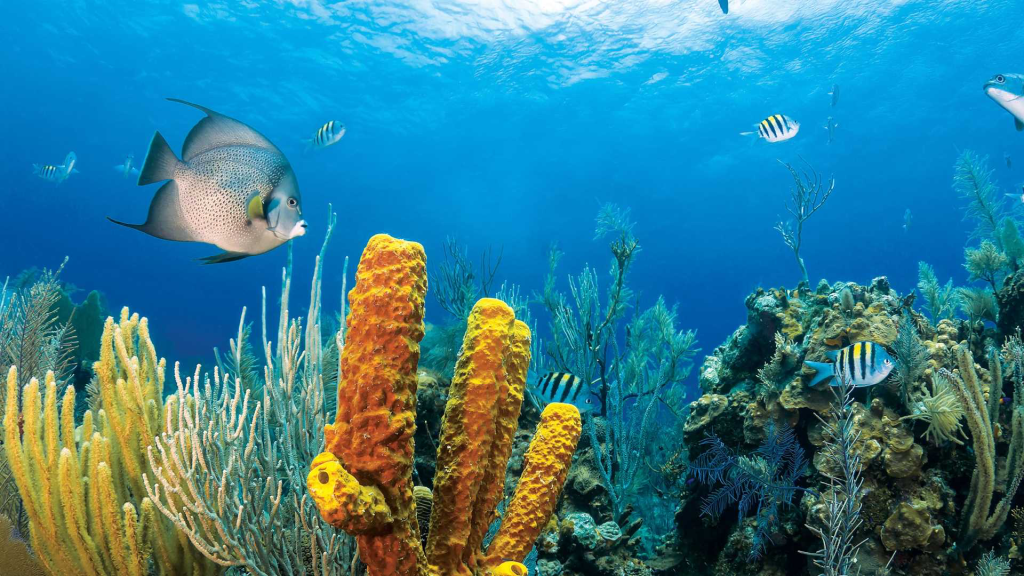
Indonesia, home to some of the world’s most biodiverse marine ecosystems, boasts an extensive network of coral reefs that play a crucial role in the health of our oceans. These reefs, often referred to as the “rainforests of the sea,” are home to a staggering variety of species, providing habitat and shelter to approximately 25% of all marine life.
Indonesia’s coral reefs are not only vital for marine biodiversity but also for the livelihoods of millions of Indonesians. Fishing, tourism, and coastal protection are all directly linked to the health of these reefs. The vibrant reefs attract divers and tourists from around the globe, contributing significantly to the economy.
However, these invaluable ecosystems are under threat. Climate change, pollution, and unsustainable fishing practices are leading to coral bleaching and reef degradation at alarming rates. Rising sea temperatures and ocean acidification are particularly concerning, as they weaken the coral’s ability to survive and recover.
In response, Indonesia has implemented several conservation initiatives, such as marine protected areas (MPAs) and community-based reef management programs. These efforts aim to restore and preserve the reefs, ensuring they continue to thrive for future generations.
Preserving Indonesia’s coral reefs is not just an environmental issue—it’s an economic and social imperative. The health of our oceans depends on the collective efforts of governments, local communities, and global citizens. With continued dedication, there is hope for these underwater treasures to remain a vibrant part of our planet’s natural heritage.